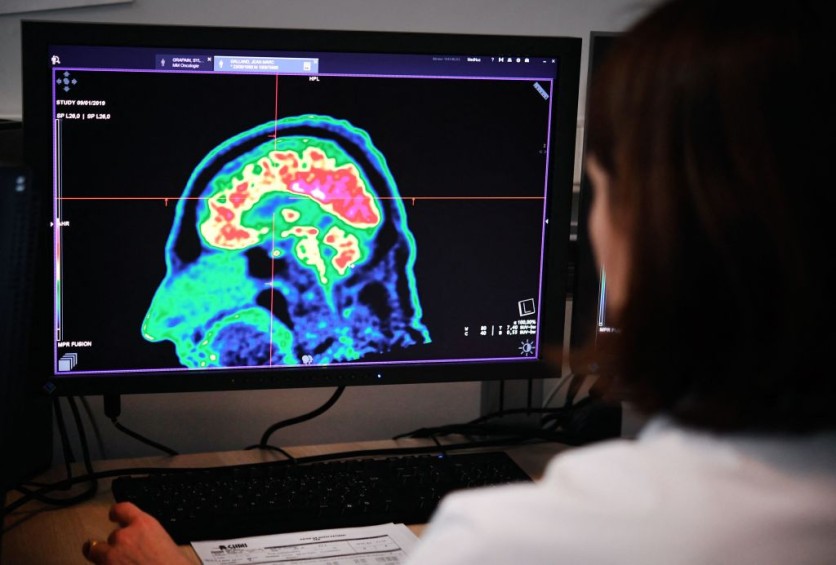
The US Centers for Medicare and Medicaid Services (CMS) have implemented a policy change that removes the lifetime limit on amyloid positron emission tomography (PET) scans, a critical diagnostic tool for Alzheimer's disease. This change lets patients to undergo non-invasive tests to qualify for new Alzheimer's medications like Eisai's Leqembi and Eli Lilly's donanemab.
Amyloid PET scans are essential for spotting amyloid plaque clusters, a deteriorating illness that impairs memory and cognition and is an early indicator of Alzheimer's. These scans were formerly primarily used in clinical trial settings.
A Crucial Policy Change
The Alzheimer's Association's Chief Science Officer, Maria Carrillo, stressed the value of amyloid PET scans. "Amyloid PET scans are a tested technology that can play a significant role in the diagnosis and management of Alzheimer's disease," she said, as quoted by Reuters. Additionally, Carillo pointed out that easier access to these scans will enable an earlier and more precise Alzheimer's diagnosis, enhancing care coordination and health outcomes.
Amyloid PET scans have advanced Alzheimer's research, diagnosis, and patient treatment, according to the Alzheimer's Association. For instance, the Imaging Dementia-Evidence for Amyloid Scanning (IDEAS) Study and the New IDEAS Study, both of which were conducted in conjunction with CMS, had significant participation from the Alzheimer's Association. These studies aim to improve our understanding of how PET scans help diagnose and treat Alzheimer's in diverse and marginalized communities.
According to the IDEAS Study, 63.5% of patients with dementia and 60.2% of patients with mild cognitive impairment (MCI) had different patient care strategies. The association stated that it is committed to working with CMS to further our understanding of the value of an accurate diagnosis and the use of PET as a biomarker, particularly in underrepresented populations in the US.
Experts Urge Swift Implementation of the New PET Scan Policy
A nationwide data-gathering registry run by CMS is necessary to demonstrate the presence of amyloid in the brain to qualify for government funding for therapies like Leqembi. Previously, an invasive lumbar puncture-based cerebrospinal fluid test was the sole procedure approved by CMS for measuring amyloid in the brain.
Local Medicare Administrative Contractors (MACs) will decide whether to fund PET scans under the new policy. The Alzheimer's Association has requested that the MACs quickly adopt full and equal coverage for all Medicare enrollees.
This CMS policy change after years of review shows the FDA's trust in the technology and advances Alzheimer's disease detection and therapy. According to CNBC, a single PET scan for a Medicare patient is estimated to cost around $313.

![Apple Watch Series 10 [GPS 42mm]](https://d.techtimes.com/en/full/453899/apple-watch-series-10-gps-42mm.jpg?w=184&h=103&f=9fb3c2ea2db928c663d1d2eadbcb3e52)



